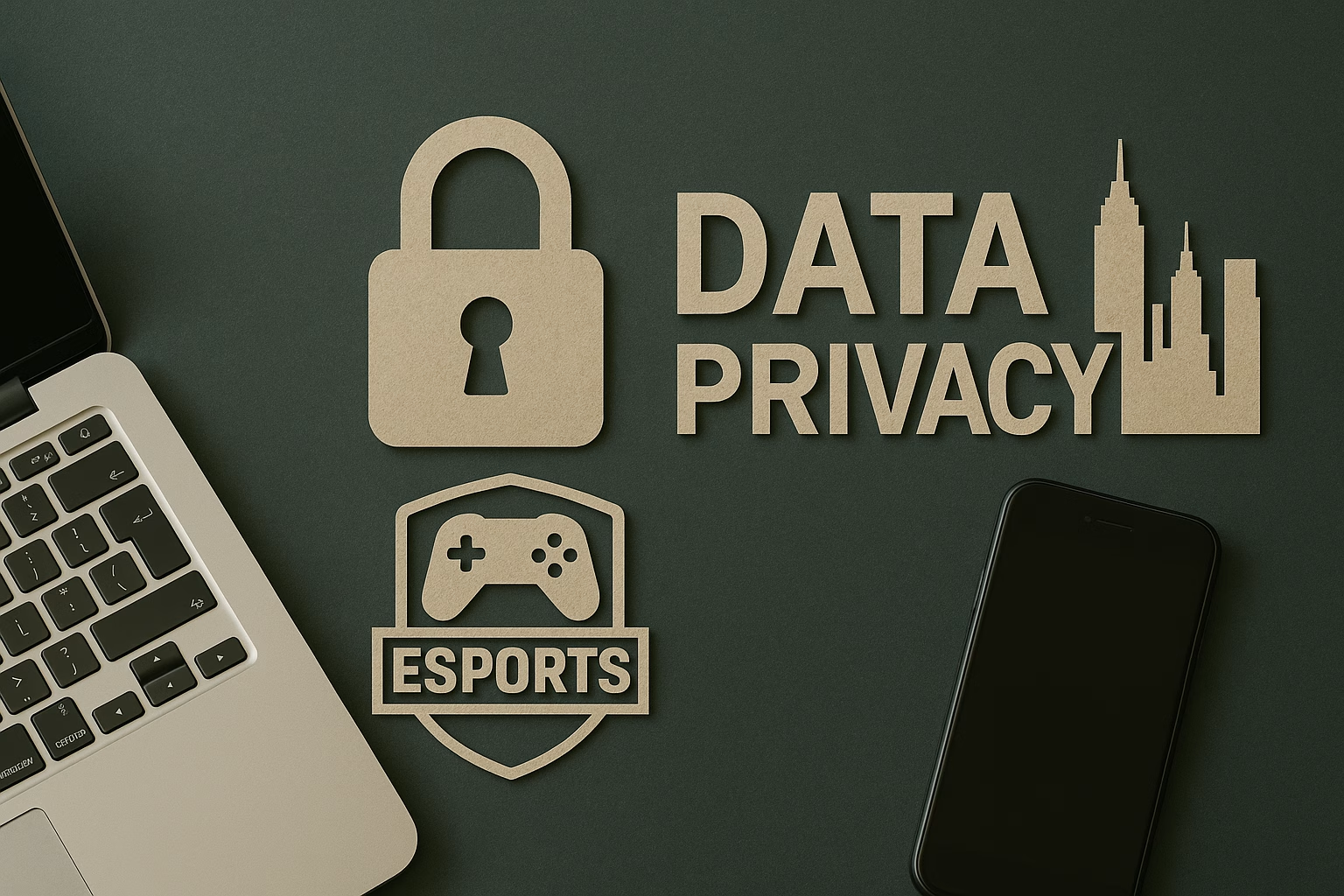Data Protection
Game On: Navigating the Privacy, Equity, and Regulatory Legal Challenges of Esports in New York Education

Table of Contents
As esports programs rapidly expand across New York’s educational institutions, from K-12 schools to State University of New York (SUNY) campuses, administrators and legal professionals face complex regulatory challenges that traditional sports never encountered. The recent Empire State Scholastic Esports Federation Championship in Syracuse, NY highlighted not just the competitive spirit of student gamers, but also the intricate legal framework schools must navigate to offer these programs responsibly.
The Student Data Privacy Challenge
Perhaps the most pressing legal concern for New York esports programs is compliance with the Family Educational Rights and Privacy Act (FERPA). This federal law, enacted in 1974, was not designed with digital gaming platforms in mind, creating unique challenges for modern esports programs.
When students participate in esports competitions, their data flows through multiple platforms and systems. Tournament Data includes certain personal information from Player Profiles, including the player’s full name, GamerTag, graduation date, school (name, city, state), photo or avatar, and esports team position. This information becomes publicly available by default, raising questions about whether schools have properly obtained parental consent for such disclosures.
The High School Esports League (HSEL) is committed to full compliance with all applicable privacy laws, including FERPA, as stated in their privacy policy. NYC Public Schools make up just some of the 6,569 teams listed on HESL’s website. Schools must ensure that any Tournament Data related to their school and student esports competitors can be shared publicly in accordance with their definition of Directory Data under FERPA. Many schools have not updated their FERPA directory information policies to account for gaming usernames, streaming footage, or competitive statistics.
Age Verification and COPPA Compliance
Another significant legal hurdle involves the Children’s Online Privacy Protection Act (COPPA). This creates operational challenges for middle schools and K-8 institutions wanting to offer esports programs to underage students, as many popular competitive games have online components that collect user data.
Schools must carefully verify student ages and obtain proper parental consent before allowing participation. For students under the age of 13 that wish to participate, a parent or guardian must sign up on their behalf. This requirement adds administrative burden and potential liability if proper procedures are not followed. Compliance measures must be in place as severe penalties can be expected for any violations of federal law.
Equity and Access Concerns
Legal issues extend beyond privacy to questions of educational equity. According to an esports educational commentator, the New York State Education Department phased out most PCs in the school for Chromebooks. This technology gap forces many programs to require students to compete from home on personal devices, raising Title IX and equal access concerns.
When students must use personal equipment or home internet connections to participate in school-sanctioned activities, it potentially violates federal and state laws ensuring equal educational opportunities. Schools offering esports programs must carefully consider how to provide equitable access without discriminating against students from lower-income households who may lack gaming-capable devices or high-speed internet.
Regulatory Gaps and Content Restrictions
The absence of clear state-level guidance means individual districts must interpret existing laws and create their own policies. Some policies may limit games to exclude First Person Shooters (FSP), one of the most popular genre of games, while others may require signed parental consent. This patchwork approach to safeguarding gamers leads to potential liability as schools struggle to balance educational benefits with content concerns, competitive integrity, and student safety.
Moving Forward: Best Practices for Compliance
To address these legal challenges, New York educational institutions should:
- Update FERPA directory information policies to explicitly address esports-related data
- Implement robust age verification and parental consent procedures
- Develop clear policies on equipment access and home-play requirements
- Create content guidelines that balance educational goals with game selection
- Establish streaming and content creation policies that respect intellectual property
- Partner with established leagues that demonstrate FERPA compliance
- Provide alternative participation options for students unable to compete from home
The transformation of students who find community and social connection through competitive gaming demonstrates esports’ educational value. However, realizing these benefits requires careful navigation of an evolving legal landscape that demands attention from administrators, legal counsel, and policymakers alike.







